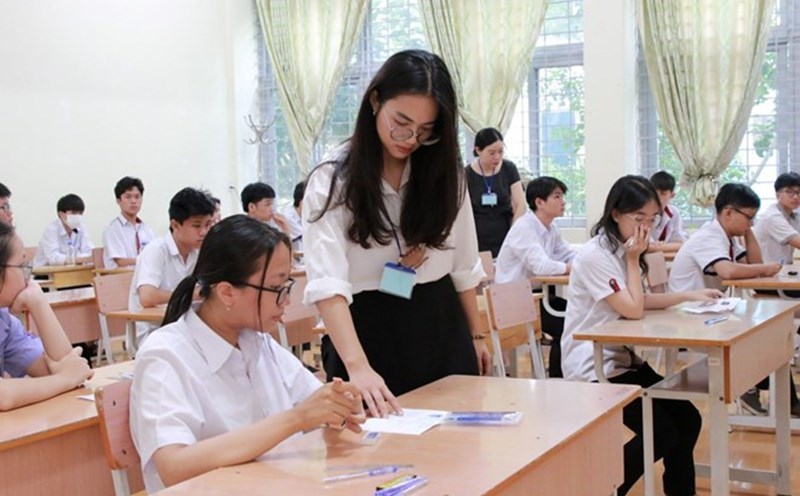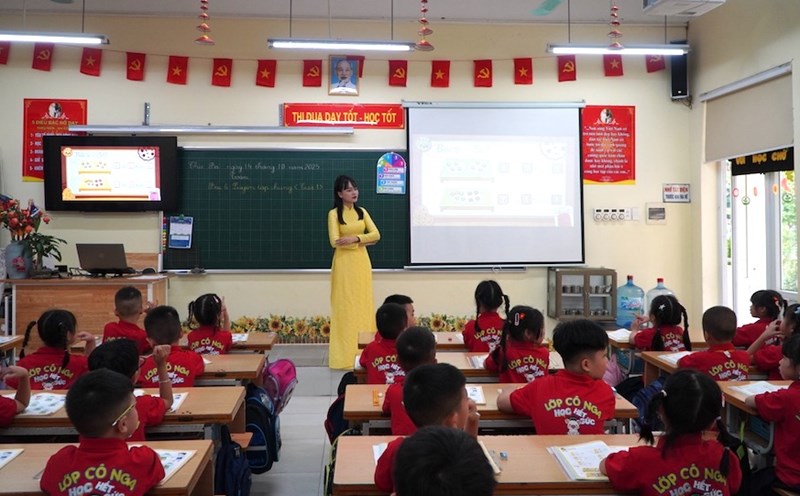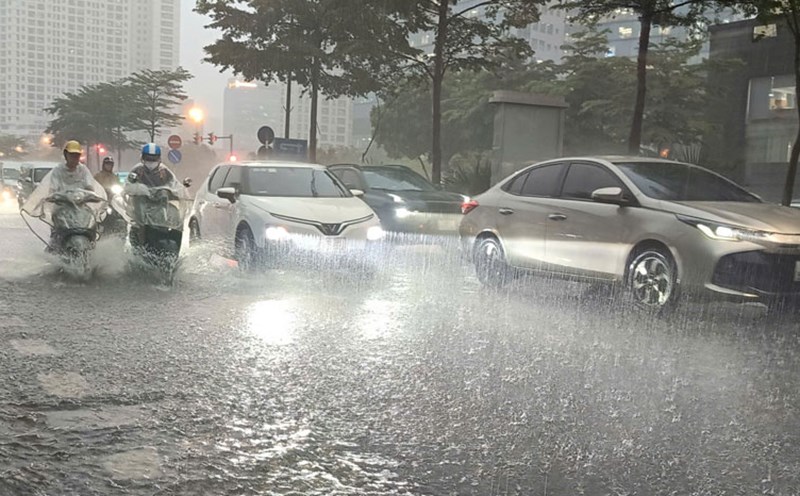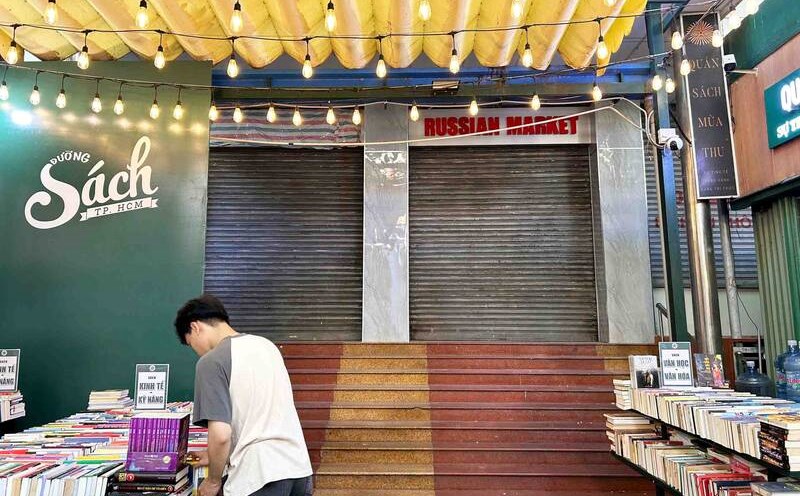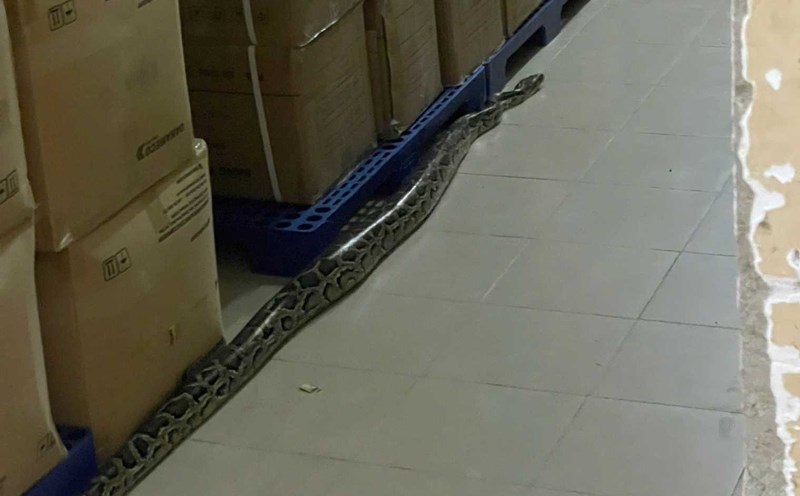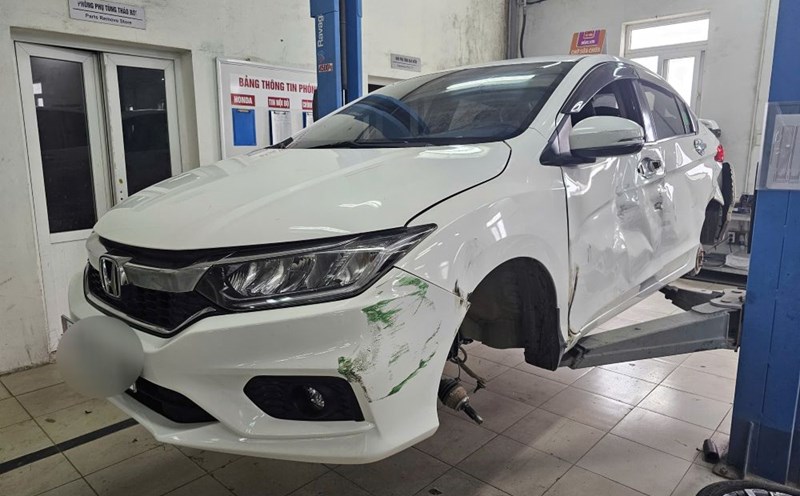When the knowledge map opens up endlessly
Never has knowledge been as accessible as it is today. In just a few seconds, the Internet, ChatGPT or online learning platforms can answer thousands of questions, simulate Experimental experiences, translate documents, prepare lesson plans, suggest creative ideas... Artificial Intelligence is becoming the "expanded brain" of humanity.
However, right in that place of excess information, learners face the paradox: they know more but understand less deeply. Many students and pupils use AI as a thinking aid - asking questions instead, writing instead, even thinking instead. The brain no longer has to "sweat" to connect, compare, and find a way in the metade of knowledge.
Learning is a process of "training brain muscles" - when it is too easy, the brain does not form strong connections. If education only stops at "intellectual property" with smart tools, people will lose the thinking ability - the thing that makes learning real value.
An uncompromising journey
In an AI learning environment, the role of teachers is no longer the keysehold the key to knowledge, but the one who designs the learning journey. If knowledge is an open map, then teachers are the ones who draw the path, guide, and inspire discovery.
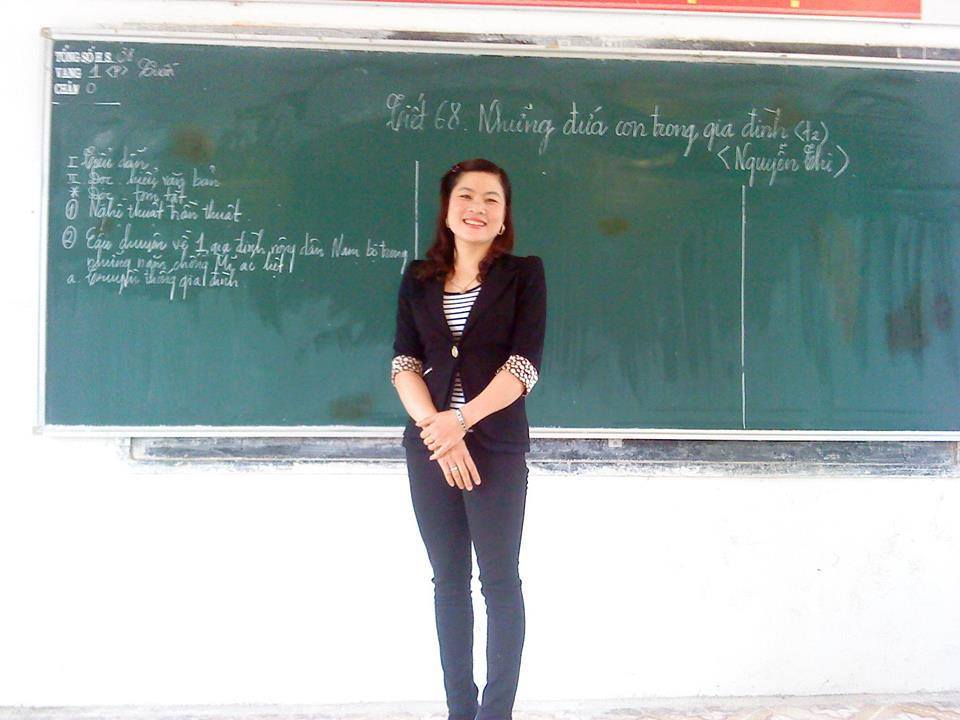
AI helps students self-study, but cannot replace teachers in organizing activities, creating an interactive and inspiring environment. Algorithms can answer questions, but cannot read students' vague eyes, or feel the fear of the test, the joy of learning something new.
Teachers, with experience and emotions, can do things that AI cannot do: diagnose nearby development areas - know when students need help, when they should explore themselves; create a "reasonable difficulty" for the brain to move; lead students through mistakes, failures, and maturity.
To become a "guid on the digital map", teachers must constantly "upgrade" in four levels. Regarding thinking, shift from teaching knowledge to developing thinking ability, lifelong learning. Regarding the role, move from the narrator to the designer - organizer - critic. Assessment from memory testing to practicing capacity assessment, learning products. Digital ethics, from technology learners to technology teachers - instruct students to identify false information, fight against ethics, and maintain academic integrity.
A class with AI will be different: students can use chatbot to analyze text, make ideas, create emphasized version; but teachers help them evaluate the results, recognize limitations, and practice the way to ask critical questions. At that time, AI was no longer a "homemade" but a limited companion.
The sower of light in the digital age
When machines become smart, the value of humans does not lie in knowledge, but in human qualities: knowing how to love, know how to think, know how to live responsibly. Teachers, no matter the era, are still the ones sowing that seed.
A timely words of encouragement, a patient look, a story that the teacher told - can change the whole life of the student. AI does not have emotions to understand the sadness of youth, nor does it have a heart to lead a soul.
From small classrooms in rural areas to university lectures, Vietnamese teachers are tirelessly learning how to use digital tools: design interactive lectures, organize online classes, exploit learning data. But what makes them called guides is not because they know how to use software, but because they know how to awaken the human part of learners.
Vietnamese education is transforming with the model of "digital schools", "digital transformation clusters", open learning materials libraries, and students using AI to practice. In that wave, the role of a teacher must be further affirmed: not a replacement, but a reinforcement.
From whiteboard to keyboard, from blackboard to interactive screen - the journey of Vietnamese teachers is a testament to their adaptability and creativity. Technology only opens the door, and teachers decide where their students' steps go.
On the digital map of the 21st century, AI can be a spreader, a map, even a ship but the rider is still the teacher. Teachers not only teach "how to know", but also teach "how to live", "how to become". And as long as people still need light to pass through the darkness of knowledge, that is - the teacher is still the guiding light.

